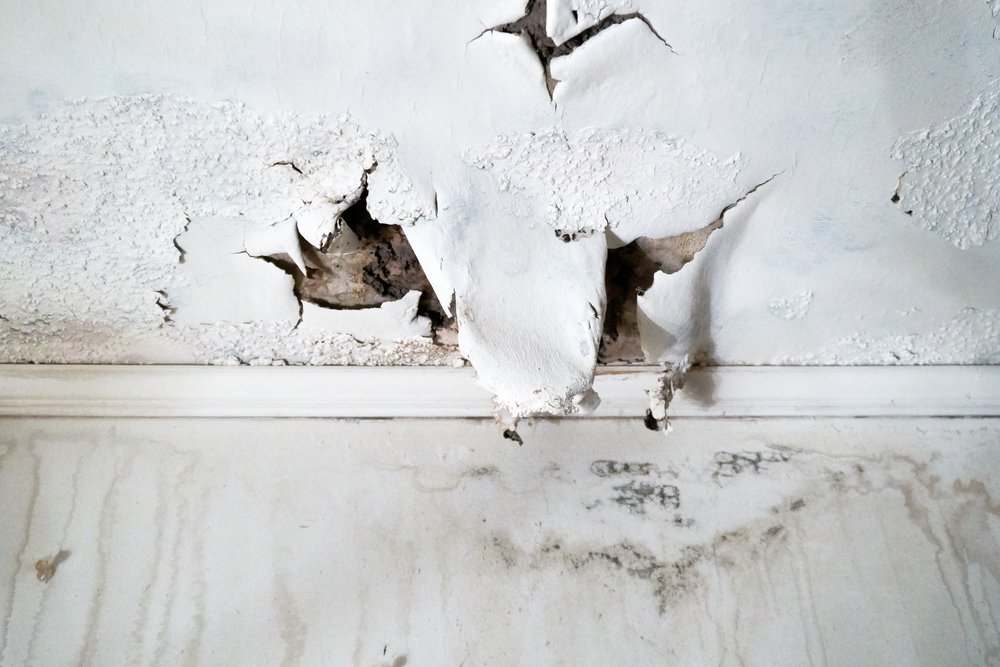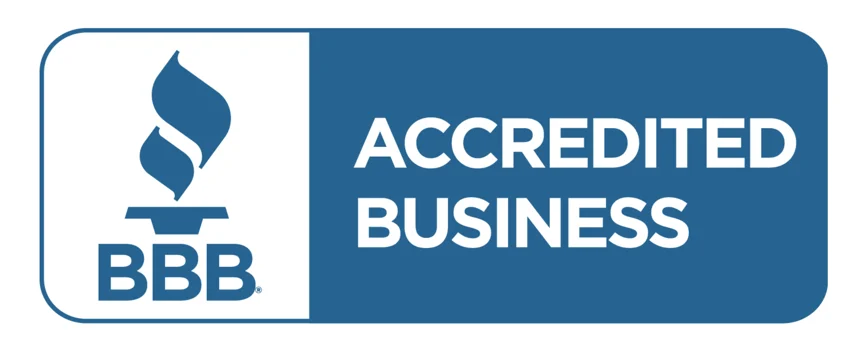In a traditional home sale, it typically takes about two months to sell a house from listing to closing, even in today’s hot real estate market. For some homeowners, that’s the perfect timeline. For others, it’s a bit too long.
There are many reasons to sell a home quickly, including (but not limited to):
If you’re experiencing any of these circumstances, you might feel stuck and wondering what steps to take first. You want to be out of your house and you want to move on with your life, but the whole process can feel overwhelming.
The good news is that we’ve worked with hundreds of West Michigan homeowners just like you, and we’ve helped them sell their homes in as little as five days! Keep reading to figure out how to make that a possibility for you.
How to Sell Your West Michigan House Fast: 4 Ideas
The most important thing to remember here? Just because you want to sell your home fast doesn’t mean you lose the flexibility of options. There are a few different ways you can get your home on and off the market quickly — you just have to be a bit more creative.
From your local real estate experts, here are four of the best ways to sell your home fast in West Michigan.
1. Lower Your Listing Price
First, and probably most obvious, you could lower your home’s listing price. Underpricing can be a good strategy to generate more buyer interest. You can hope for multiple offers that will eventually bid up to your home’s actual market value, and you can always turn away offers that are too low.
However, lowering your listing price isn’t a foolproof strategy. If your home’s listed too low, there’s a chance it attracts buyers who have budgets that cap well below your desired price. You’ll likely find yourself wasting your time sorting through offers that are way too low or actually accepting one of them and not getting as much from your home as you want.
2. Offer a Creative Incentive for Buyers
In some circumstances, even a good listing price isn’t enough. If your home isn’t selling quickly due to any number of factors (unusual features, much-needed repairs, etc.), you may need to think a bit outside of the box to draw interest.
Some common examples would be paying for repair or improvement costs, paying for the buyer’s closing costs, or offering to pay for updated systems or appliances. Adding one or more of these incentives to your listing can help your home stand out among the rest.
Not interested in any of the ideas listed above? We’ve also heard of some seriously out-of-the-box incentives like:
- Offering discounts to students, teachers, doctors, veterans, etc.
- Covering the cost of a moving company
- Letting a potential buyer test drive your home and stay there for a weekend
- Including some of your existing large appliances/electronics in the sale
The problem with this idea? The incentives aren’t always enough to seal the deal, and you might have to pay extra to include some of the incentives.
3. Try a Short Sale
If you’re trying to sell your home quickly as a way to avoid tax foreclosure, a short sale may be the right option for you. A short sale is when a homeowner struggling with financial difficulties sells their home for less than the amount they owe on the mortgage. This can help get out from under debt and avoid foreclosure.
Although foreclosure is the main motivator for short sales, they can also work for other circumstances. However, while some short sales go through quickly, others take a long time to process. Short sales come with a lot of paperwork and waiting periods for vendor approval, so you’re at the mercy of your lender as far as the timeline goes.
4. Sell Your Home As-Is to an All-Cash Buyer
Last but not least, you could sell your home as-is. Selling your home as-is means that you do minimal cleaning, no repairs, and no staging before starting the selling process. It’s by far the fastest way to sell your home, even compared to the options listed above. Many homeowners aren’t even aware that this is a reasonable option, but there are actually a lot more as-is home buyers on the market than you’d think.
If you can find the right buyer, selling your home as-is is often the most lucrative way to sell your home quickly as well. This “right buyer” is most often a local real estate investment company that buys homes as-is for cash, then flips them for resale and to uplift the community.
At Hometown Development, that’s our passion. We’re an all-cash home buyer that purchases West Michigan homes in any condition, then remodels them to professional standards. We have a track record and company commitment for closing on homes in as little as five days — and, yes, we’re completely legitimate! We offer fair prices based on current market trends and the condition of your home. If you don’t trust us, trust the stunning reviews from past customers we’ve worked with.
Here are a few of the steps to our process:
- Initial meeting — Either through email or phone, we chat with the homeowner about the condition of their home and their selling goals. Based on that information, we offer a ballpark range for what an offer may look like.
- Property visit — We schedule a 30-minute appointment to meet the homeowner at their house and take a look around the property. We get a better understanding of the condition of your home.
- Cash offer — In just 24 hours, we reach back out to the homeowner with an all-cash offer you can trust. We guarantee that 24-hour timeline, otherwise we’ll pay you $100.
- Closing — If the homeowner chooses to accept the cash offer, we schedule closing in as little as five days (or whatever timeline works for them). They pay no realtor commissions, closing costs, or hidden fees throughout the process.
And just like that, we’ve helped a homeowner sell their home in as little as five days! Could you be the next?
Ready to Sell Your West Michigan Home As-Is? Contact Hometown Development
If you’re eager to sell your home, we’re eager to buy it from you! At Hometown Development, we specialize in buying as-is homes for cash — getting them off your hands and making them better for community growth.
We’ll visit your home and provide a cash offer in just 24 hours, no matter what condition it’s in. To get the process started, request a free, no-obligation cash offer from us today.
















